"U.S. consumer confidence declines unexpectedly as election nears," reads a Wall Street Journal headline shared by Sen. John Cornyn (R-Texas).
U.S. Consumer Confidence Declines Unexpectedly as Election Nears https://t.co/WBsKWgTWeb via @WSJ
— Senator John Cornyn (@JohnCornyn) October 13, 2024
There is nothing to provide consumers with confidence about the future of the U.S. economy, so declining consumer confidence should be expected, regardless of what time it is.
Prices are high and have been on the rise for years. The Consumer Price Index, a figure published by the Bureau of Labor Statistics measuring annual price increases, reads 2.4 percent for the annual period of September of 2023 to September of 2024. That indicates goods and services on the whole are up roughly two and a half percent from last year. The Federal Reserve, which routinely addresses the state of the economy, has repeatedly enumerated 2 percent as its target goal for inflation. There is but one monthly reading of the CPI less than 2 percent since President Joe Biden assumed the presidency, his first month in office. It is a disaster and something from which consumers cannot derive confidence.
The headline in the tweet by Sen. Cornyn includes the phrase "as election nears" after the word "unexpectedly." Whether the Journal is implying that an election being held is a contributing factor, presumably an aggravating one, to consumer confidence is not entirely clear. There are many reasons for declining consumer confidence, and when the election takes place is not one of them.
Recommended
Elections do not mend broken economies, but they can result in the election of people who will make the decisions necessary to allow for a growing economy. Freedom lies at the heart of it all. The people must be free to cast ballots, and those elected must use the power freely entrusted to them to cultivate economic freedom.
















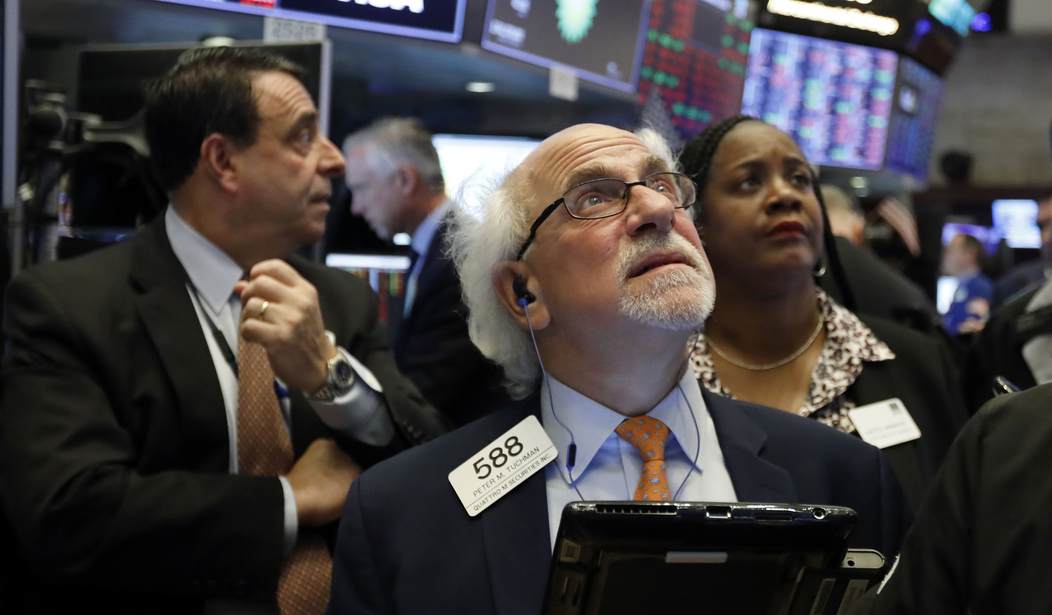
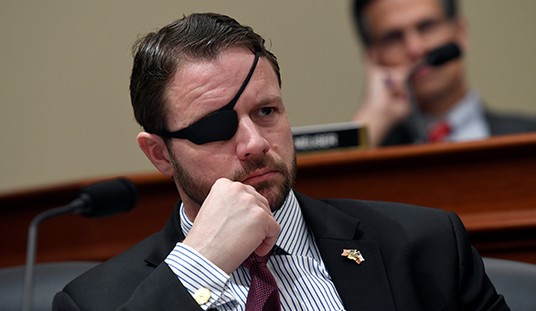

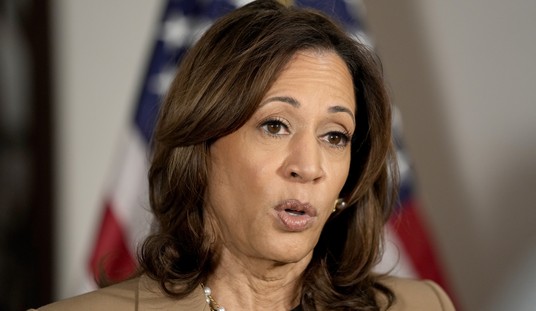

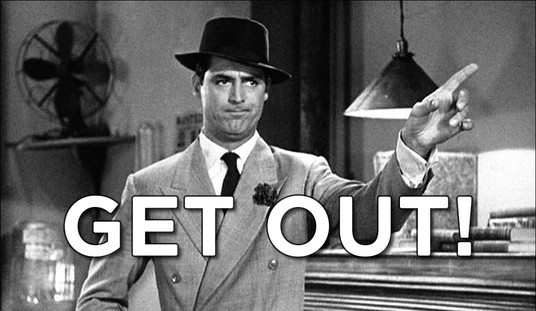
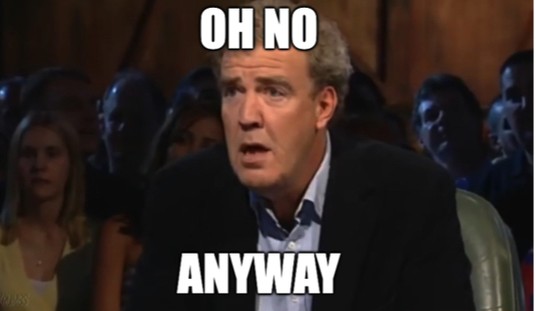

Join the conversation as a VIP Member